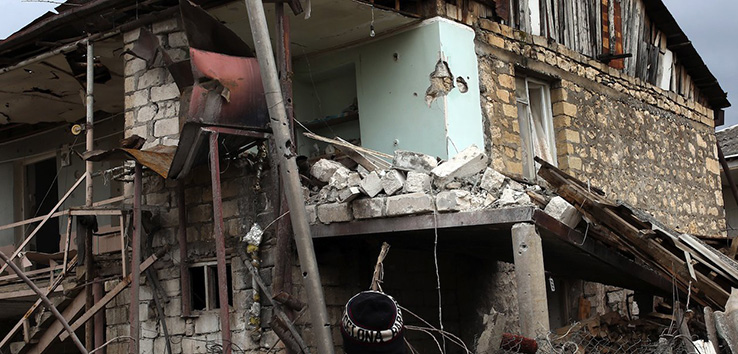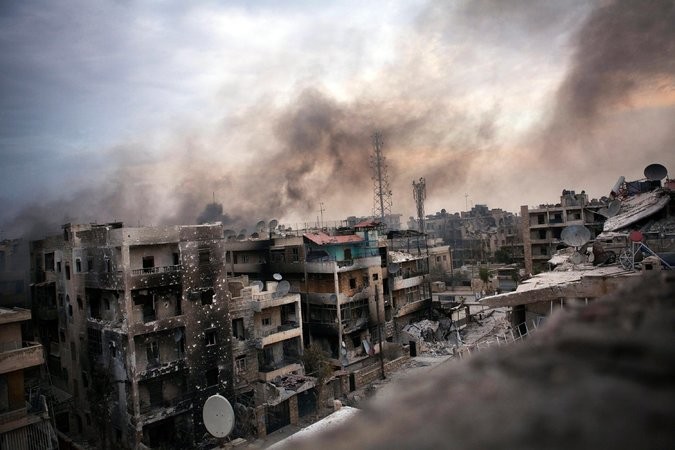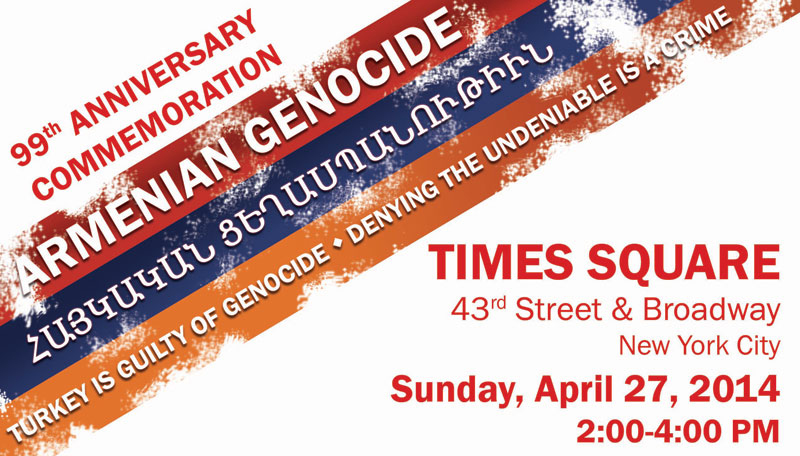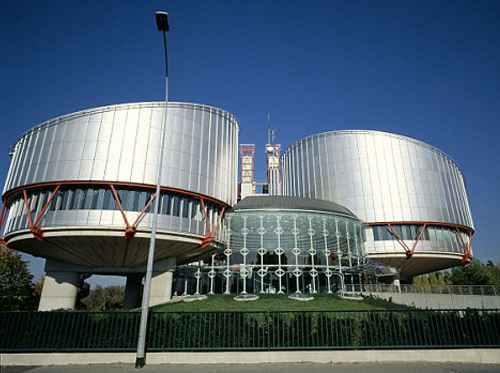YEREVAN (Armradio) — The Worldwide Movement for Human Rights (FIDH) has studied comprehensively both Armenian and Azerbaijan sources and, based on the figures and facts confirmed by both sides, has publishes a situation note denouncing the violations of international humanitarian and human rights law during the April clashes along the Nagorno Karabakh line of contact.
“Whereas some of the human losses reported might have occurred as a result of failure to take precautionary measures and assess the effects of the attack towards the civilian population, at least three elderly civilians, residents of Talish village in Nagorno-Karabakh were reportedly killed deliberately and their bodies mutilated when the Azerbaijani troops entered and took control over the village16. Ears of the above-mentioned three civilians were cut off,” FIDH said.
It reminded that “the killing of civilians is prohibited both in the Geneva Conventions and as a norm of customary international humanitarian law.”
“Arbitrary deprivation of life and murder of civilians are prohibited under international human rights law and this prohibition is non-derogatory and therefore applicable at all times. On 4 April 2016, it was reported that Azerbaijani forces decapitated a soldier from the self-proclaimed Nagorno-Karabakh of Yezidi origin, Kyaram Sloyan, who had been killed in combat. The video and pictures of his severed head later appeared on social networks. Soldiers and civilians were shown as holding up his head as a military trophy and a sign of victorious act. Later, reports appeared about two other beheaded soldiers of the army of the self-proclaimed Nagorno-Karabakh. In all three cases families later lodged an application before the European Court of Human Rights,” FIDH said.
FIDH quotes Nagorno-Karabakh Ombudsman as saying that Kyaram Sloyan’s head was returned and buried next to the soldier’s body while no action was taken by the Azerbaijani authorities with respect to returning the heads of the two other soldiers. “Additionally to being absolutely prohibited by national and international law, such inhumane treatment reinforces the inter-ethnic hatred and contributes to further conflict escalation. On April 8, 9, 1020, and 2021, 2016 the International Committee of the Red Cross (ICRC) facilitated a handover between the sides, of the bodies of those killed in combat along the Line of Contact. According to information provided by the Ministry of Defense of Armenia, bodies of at least 18 soldiers of the self-proclaimed Nagorno-Karabakh were transferred to Armenian side. There were reports that the bodies were handed over mutilated. For the time being, there is no possibility to confirm the reports of mutilation by an independent source, neither is it possible to affirm independently whether they were subjected to torture when alive. The Azerbaijani media reported similar crimes by the Armenian forces referring to the refusal of the Armenian side to return a slain body of an Azerbaijani soldier. It was not possible to independently verify these reports, neither was this information publicly confirmed by the ICRC. Non-verified and non-reliable information actively spread during the military conflict feeds the escalation and is a further show of the urgent need for an independent international monitoring and investigation,” the report reads.
If accurate and confirmed, these reports amount to war crimes. Torture, ill-treatment and mutilation of the dead is strictly prohibited under both conventional and customary international humanitarian law. FIDH urges both sides to impartially investigate these allegations, to bring those responsible to justice and to cooperate with international mediators ensuring the handover of soldiers’ bodies to their families. FIDH calls on all parties to the conflict to:
-Respect and apply the provisions of the international humanitarian law and human rights law; · Ensure full respect to the right to life and security of people affected by the conflict;
-Hold accountable those responsible for violations of international humanitarian and human rights law and fight impunity;
-Respect the 1994 ceasefire, refrain from using force, not promote the use of force, and end the arms race in the region;
-Refrain from promoting hate and war propaganda;
-Accept an independent fact-finding mission into the conflict zone and provide the members of the mission with full access to places and persons affected by the conflict.
FIDH urges Azerbaijan and Armenia to ratify the Rome Statute of the International Criminal Court (ICC).
FIDH calls on Azerbaijan to ratify two Additional Protocols (1977) to the Geneva Convention (1949).










